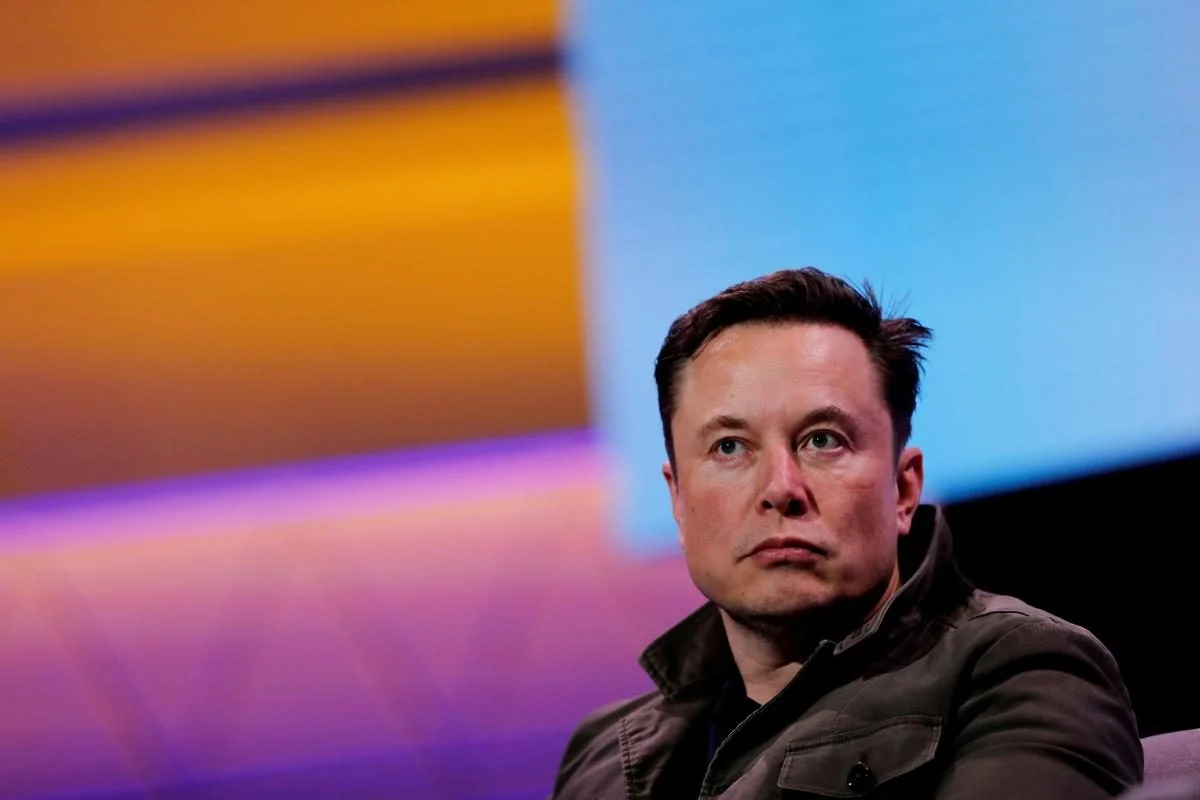American entrepreneur, billionaire, and founder of SpaceX, Tesla, and Twitter (now X) Elon Musk has once again found himself at the center of attention. This time he caused chaos in the US Congress, forcing lawmakers to review the country’s budget literally before Christmas. Let’s understand how Musk’s actions have influenced the political culture of Washington and why it caused such a stir.
Musk against tradition: what happened?
According to the publication Politico, Elon Musk published over 150 posts on his social network X (formerly Twitter), which sparked discussions among politicians and the public. His messages directly or indirectly influenced the decisions of the Republican Party in the House of Representatives, which hastily approved a government funding package.
This chaotic approach was a result of Musk’s unique business style, which journalists note is radically different from the established political culture of Washington.
Silicon Valley vs. Washington
Musk is compared to Facebook founder Mark Zuckerberg, but it is noted that the former’s approach to “creative destruction” is much more radical. His risky decisions at Tesla, SpaceX, and even X have shown that Musk is willing to go to extremes to achieve his goals.
Appointed by Donald Trump as co-chair of the “Department of Government Efficiency” (DOGE) commission, Musk has brought the spirit of Silicon Valley to Washington. His approach of “move fast and break things” has created significant challenges for congressmen accustomed to carefully planned strategies.
Will Washington withstand Musk’s style?
Experts note that Musk’s approach is pushing the boundaries of the political system’s patience and resilience. Silicon Valley historian Charles Peterson explains: Musk is using the same strategy as in technical startups – pushing to see how far he can go before the system breaks.
Such a style may be effective in business, but when it comes to governmental structures, it leads to chaos and confusion. As a result, meticulously prepared funding plans were effectively ruined in the U.S. Congress.
Musk is a talented and successful businessman, but it seems he does not realize that political risks far outweigh the risks of financial instability after failed decisions. While boldness and extraordinary approaches can indeed lead to rapid success in business, politics operate by different mechanisms, and Americans will bear the consequences of Musk gaining necessary political experience in case of failure.
Consequences for Congress and the Country
This incident highlighted the weaknesses in the U.S. political system, which is often unprepared for sudden changes or unconventional approaches. Musk not only challenged decision-making procedures but also the prevailing culture in Washington.
The U.S. political elite is now faced with a dilemma: should they adapt to the new style of Silicon Valley leaders or maintain the traditional approach.
Is this a Prelude to Change?
Musk’s actions point to the global trend of technological magnates influencing politics. Their management style, based on quick decisions and risk-taking, may change established principles of government administration.
The question remains: is the world ready for this symbiosis of business and politics, and what consequences will it have for democratic institutions?
This case with the US Congress is just one example of how one influential entrepreneur can change traditional decision-making approaches, even if these changes cause chaos.

